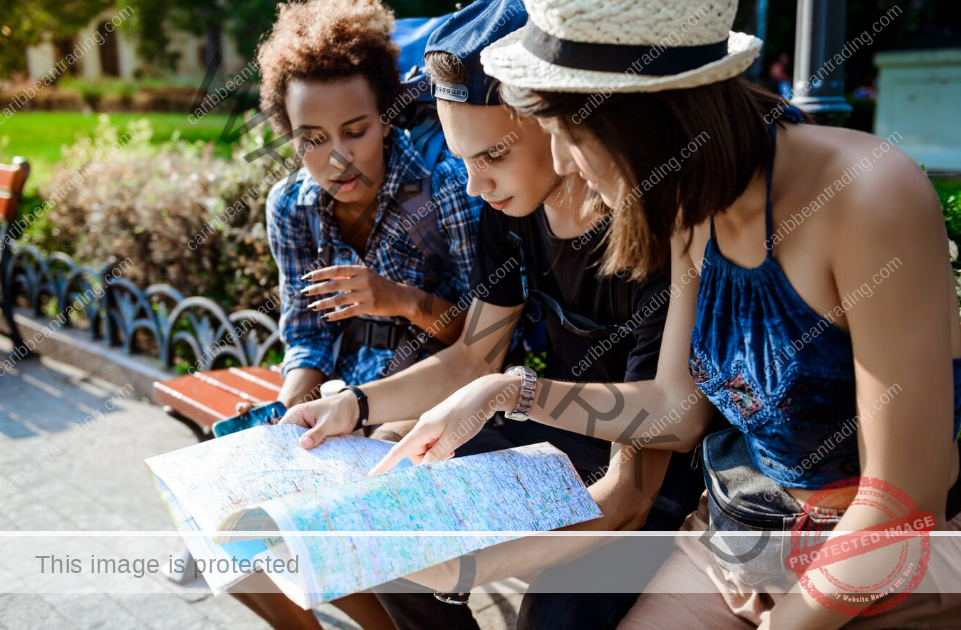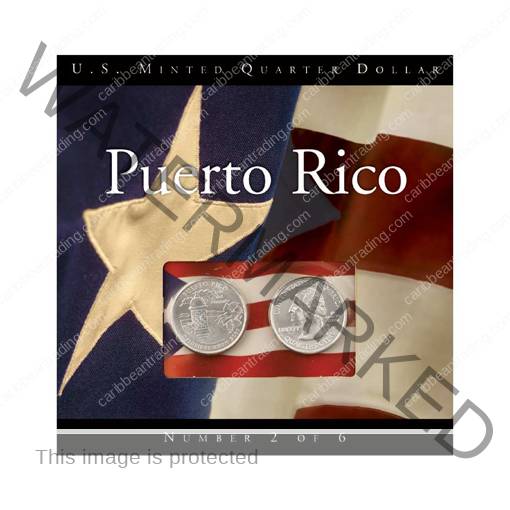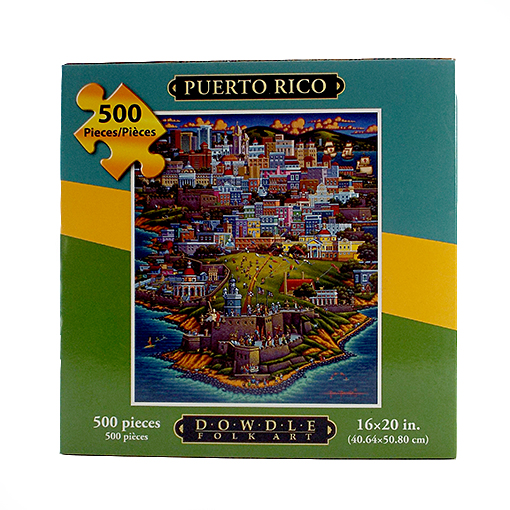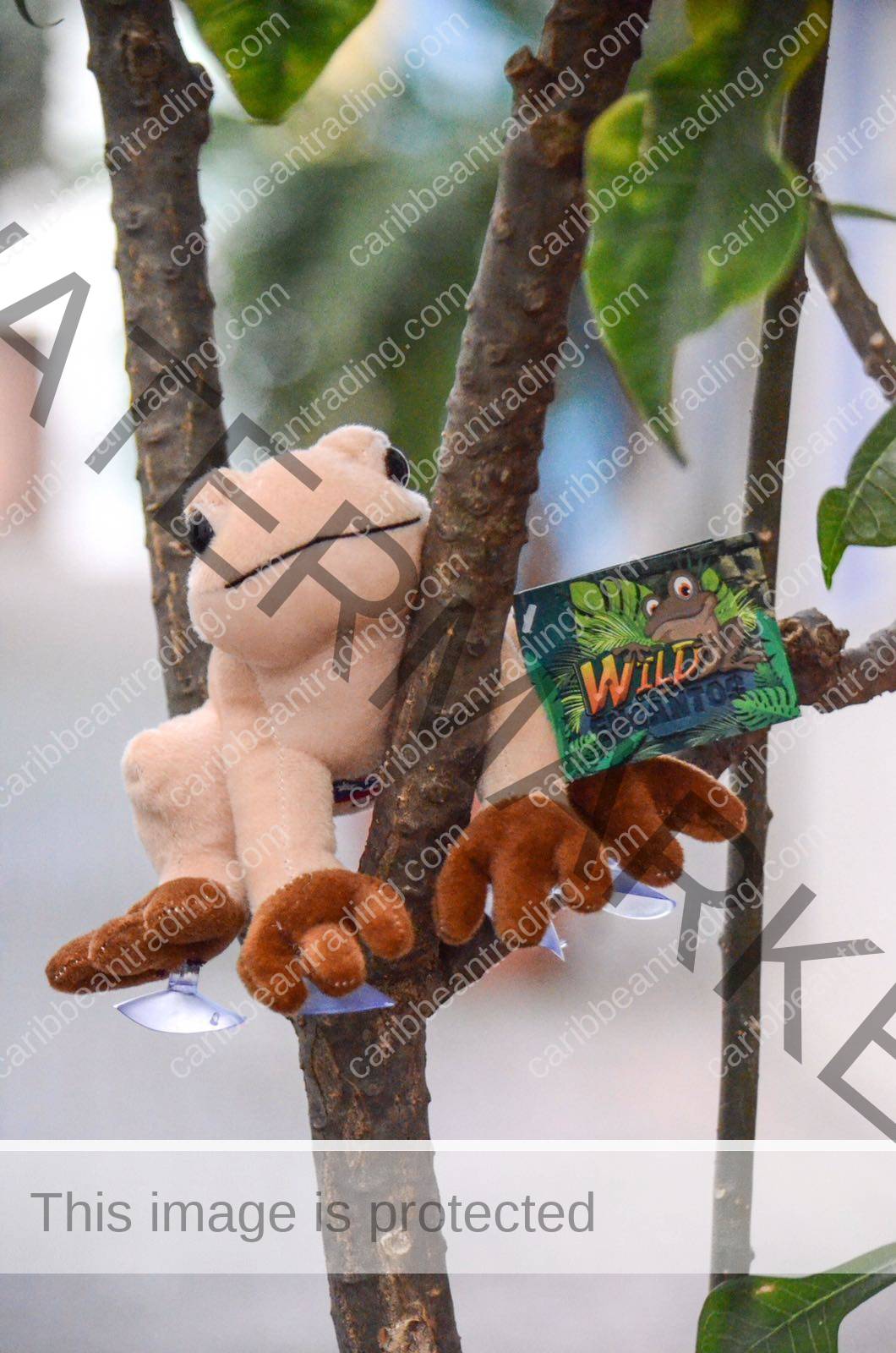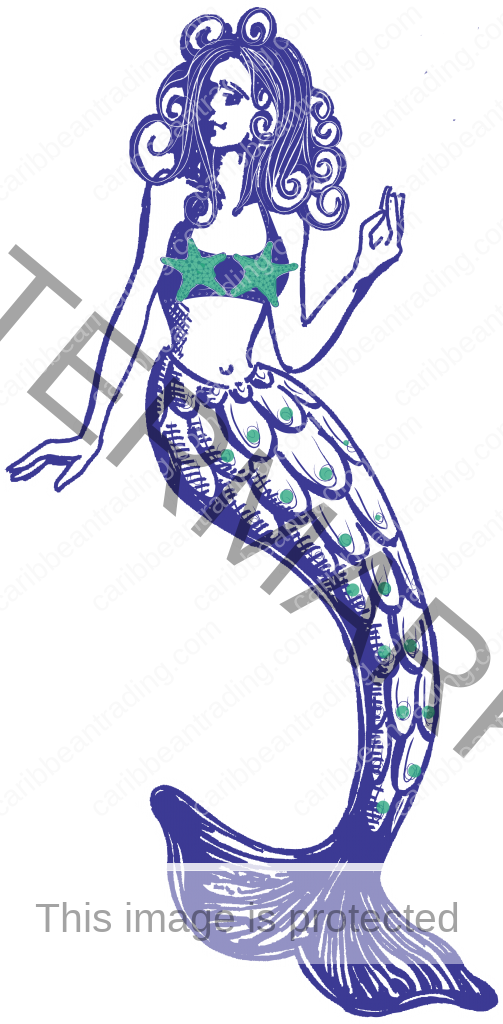Caribbean History
Caribbean Study Trip. Why do it with your students?
In education, experiential learning has become increasingly valued for its ability to transcend the boundaries of traditional classroom settings. Study trips are a powerful way to immerse students in a rich cultural experience.
The Caribbean is a treasure trove of history, diversity, and natural beauty among the myriad destinations.
Learn why embarking on a Caribbean study trip with your students is not just a journey but an educational adventure that can significantly enrich their academic, personal, and cultural perspectives.
The Cultural Diversity and Rich Heritage of the Zone
The Caribbean has a complex and fascinating history, shaped by a blend of indigenous cultures, colonial influences, and the resilience of local communities, especially in places like Puerto Rico.
By bringing students to this vibrant tapestry of nations, educators can offer a firsthand look at the amalgamation of African, European, Indigenous, and Asian influences that have shaped the Caribbean identity.
Exploring historical sites museums, and engaging with local communities provide students with a nuanced understanding of the region’s complex past and the various forces that have contributed to its cultural mosaic.
Global Citizenship and Interconnectedness
In an increasingly interconnected world, fostering a sense of global citizenship is paramount. A Caribbean study trip provides a unique opportunity for students to witness firsthand the interplay of international forces, economies, and cultures.
Experiencing life in the Caribbean allows students to grasp the intricacies of international relations, trade, and the interconnectedness of nations.
Through interactions with locals and exposure to diverse perspectives, students can cultivate a more profound understanding of their roles as global citizens, developing empathy and a broader worldview.
Environmental Studies and Sustainable Practices
The Caribbean is not just a cultural haven but also an ecological paradise with breathtaking landscapes ranging from lush rainforests to pristine beaches.
A study trip to the Caribbean offers a platform for students to explore and understand the region’s unique ecosystems, biodiversity, and the challenges posed by climate change.
From coral reefs to tropical rainforests, students can witness firsthand the delicate balance between human activity and the environment.
This experiential learning opportunity can inspire a commitment to sustainable practices and environmental stewardship among students, fostering a generation more attuned to preserving our planet.
Language Immersion and Communication Skills
The zone is a linguistically diverse region where English, Spanish, French, Dutch, and Creole languages coexist. A study trip to the Caribbean provides a fertile ground for language immersion, allowing students to hone their language skills in an authentic setting.
Beyond the classroom, students can converse with locals, navigate daily life using a second language, and gain a deeper appreciation for the nuances of language in various cultural contexts.
This immersion strengthens language proficiency and enhances communication skills, cultural sensitivity, and the ability to adapt to diverse linguistic environments.
Teachers can use this approach and get an assignment writing service that helps them develop projects and exams related to the things learned and put them into practice with the group in upcoming classes and courses.
Culinary Exploration and Cultural Exchange
One can truly understand a culture by savoring its cuisine. The Caribbean, with its rich culinary heritage influenced by African, European, Indigenous, and Asian traditions, offers a gastronomic journey like no other.
A study trip to the Caribbean allows students to explore local markets, taste traditional dishes, and learn about the significance of food in Caribbean cultures.
This firsthand experience fosters an appreciation for diverse cuisines, broadens culinary horizons, and serves as a gateway to understanding the cultural, historical, and social contexts that shape food practices in the region.
Art, Music, and Creative Expression
The Caribbean is a hub of artistic expression, with a vibrant tapestry of music, dance, visual arts, and literature.
From reggae beats in Jamaica to the colorful carnivals of Trinidad and Tobago, students on a Caribbean study trip can immerse themselves in the dynamic creative energy of the region.
Engaging with local artists, attending performances, and exploring galleries provide students with a firsthand experience of how art serves as a reflection of cultural identity and a vehicle for social change.
This exposure not only enhances cultural appreciation but also nurtures creativity and a broader understanding of the role of art in society.
Historical Sites and Archaeological Exploration
The Caribbean is home to numerous historical sites and archaeological wonders that offer insights into the region’s past. From ancient Taino settlements to colonial-era forts, these sites provide a tangible connection to the complex history of the Caribbean.
A study trip allows students to explore these historical landmarks, enhancing their understanding of the region’s evolution and the impact of historical events on contemporary Caribbean societies.
By walking in the footsteps of those who came before, students can develop a deeper appreciation for the importance of preserving cultural heritage and the role of historical memory in shaping collective identity.
Community Engagement and Service Learning
A Caribbean study trip can incorporate community engagement and service learning opportunities, giving students a chance to impact the communities they visit positively.
Whether participating in local conservation projects, assisting with educational initiatives, or engaging in community-based research, students can contribute to sustainable development efforts and gain a sense of social responsibility.
These experiences broaden students’ perspectives and instill a sense of empathy, cultural humility, and a commitment to making a positive difference in the world.
Personal Growth and Independence
Traveling to a foreign destination for an extended period fosters personal growth and independence among students.
Navigating unfamiliar environments, adapting to different cultures, and overcoming challenges abroad contribute to developing resilience, adaptability, and self-confidence.
A Caribbean study trip provides a structured yet immersive context for students to step out of their comfort zones, encouraging them to become more self-reliant, open-minded, and capable of navigating the complexities of a globalized world.
Conclusion
A Caribbean study trip is more than a mere educational excursion; it is a transformative experience that can shape students into well-rounded, culturally aware individuals.
By exploring the diverse facets of Caribbean life, from its rich history to its vibrant contemporary cultures, students can gain a deeper understanding of the world and their place in it.
The experiential learning opportunities a Caribbean study trip offers extend beyond textbooks, creating lasting memories and fostering skills and perspectives that will benefit students long after they return home.
In embracing the Caribbean as a classroom, educators open doors to a world of possibilities, unlocking cultural horizons and preparing students for a future defined by global citizenship, cultural appreciation, and a commitment to positive change.


